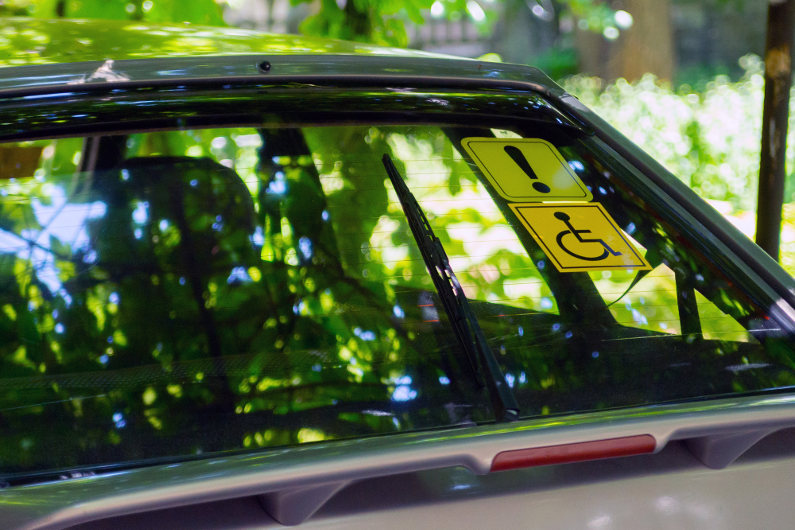There’s been a lot of changes introduced in the workplace over the past decade to ensure equal opportunities for both workers and customers. For example, employers now have a responsibility to ensure they provide adequate access for those with disabilities.
Within the Equality Act 2010, it states employers need to make reasonable adjustments to cater to disabled workers and customers. The question is, do these reasonable adjustments apply to wheelchair access?

Does your business need to be wheelchair accessible?
The short answer here is yes, your business likely does need to be wheelchair accessible. Changes made to the Disability Discrimination Act 1995, mean since 1999, businesses need to ensure their buildings are wheelchair accessible. Furthermore, in 2004, it was stated in regulations that physical features also need to be made if required.
Wheelchair users should be able to access the building, as well as manoeuvre around comfortable inside it. This is the minimum requirement businesses within the UK need to follow.
What changes do you need to make?
The actual changes you’ll need to make will depend upon numerous factors, including the type of building you own and how much disruption the changes will cause. Your local authority will be able to advise you on the changes you’ll need to make.
At the very least, access ramps are likely to be needed if the only entry and exit available is via stairs. However, you could also need to widen doorways, as well as aisles within a retail business. You’ll also need to ensure any facilities within the business are disabled friendly. For example, you should have a toilet which is at a suitable height for wheelchair users.

Using wheelchair accessible vehicles
If you provide company vehicles, you may need to consider providing wheelchair accessible vehicles for disabled employees. This may sound like a huge expense, but it is necessary if you want to avoid breaking discrimination laws.
Wheelchair accessible vehicles also aren’t as expensive as you might think. There are payment plans available for example, to make them more affordable if you don’t have the funds to buy one outright. Companies such as Allied Mobility, provide affordable, fully customised wheelchair friendly vehicles.
Overall, businesses today do need to make sure they offer wheelchair friendly access. Failing to provide reasonable adjustments for wheelchair accessibility could land you with significant fines and potentially see you get taken to court too. So, if you haven’t made any reasonable adjustments, it’s crucial you contact your local authority to see which changes you need to make.


